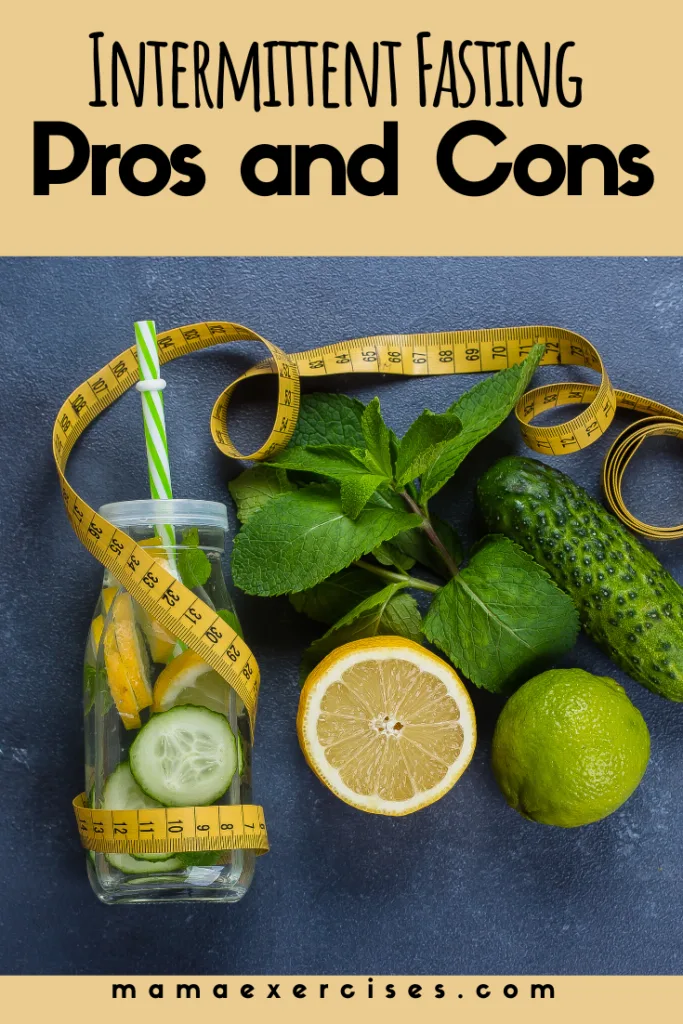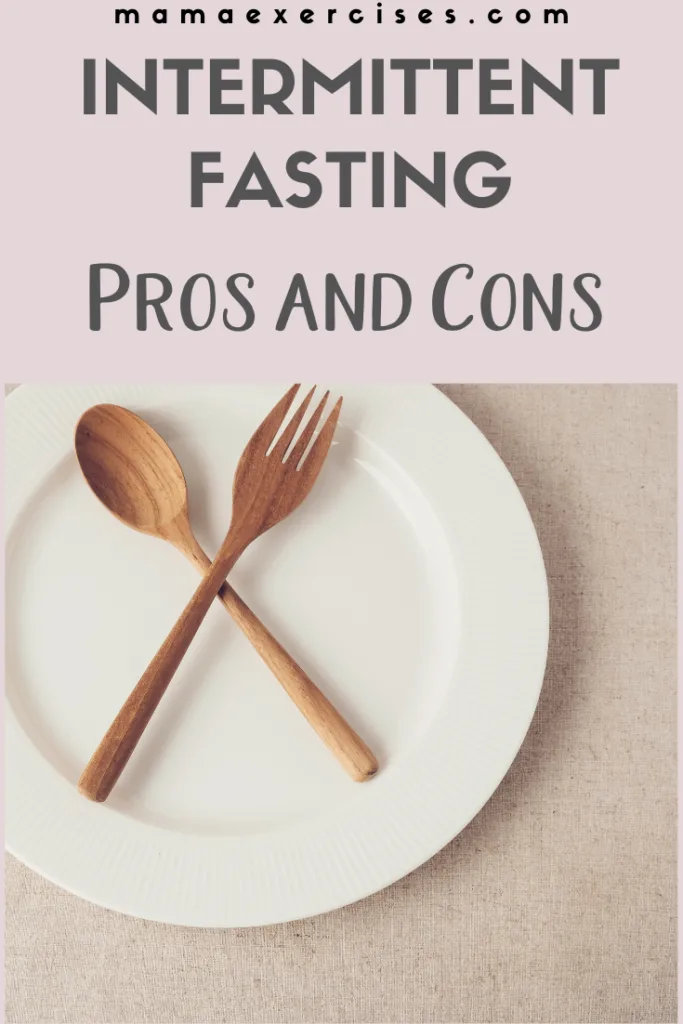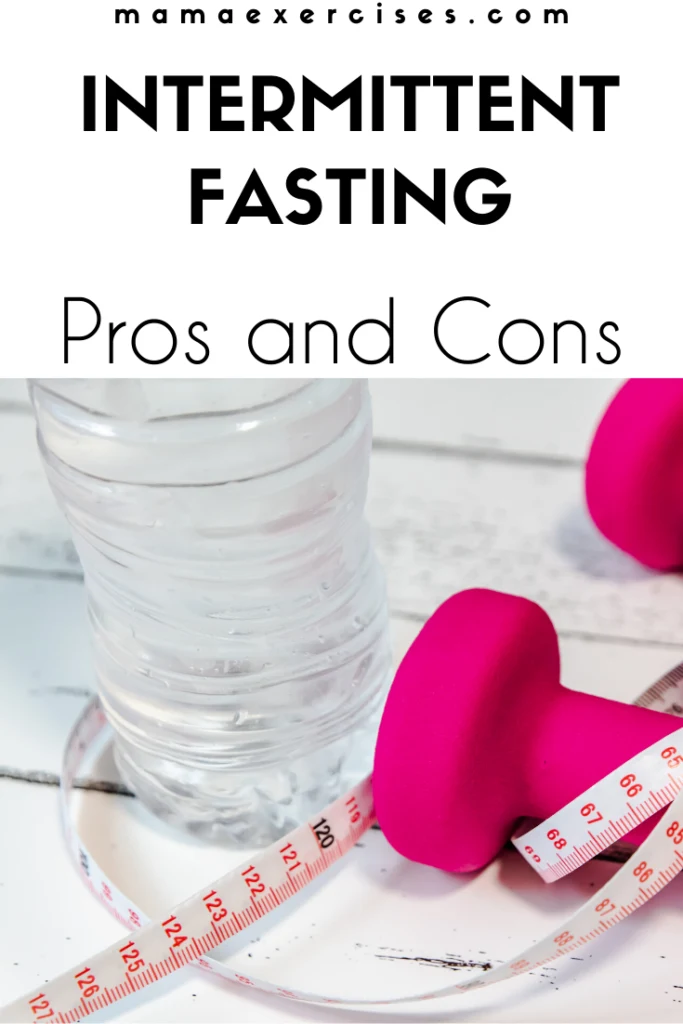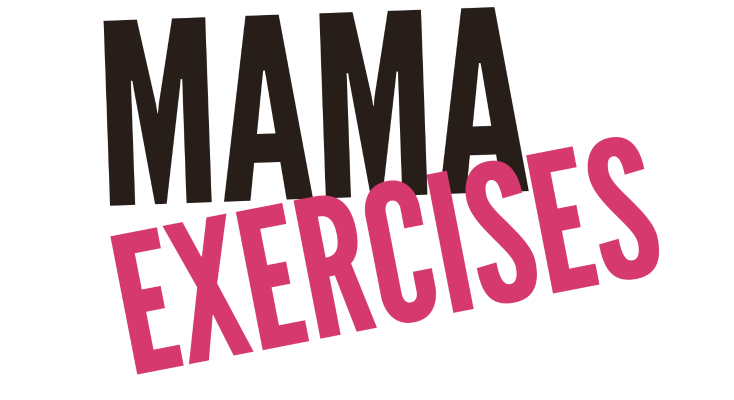Intermittent fasting pros and cons are important to know about before you begin so that you can decide if it’s the right program for you.

Whether you’re discovering intermittent fasting for the first time or have been doing it for a while, you know that it comes with its share of highs and lows – just like with every other weight loss program out there.
So here are the pros and cons of intermittent fasting to help you make a decision about whether it’s the right thing for you and your lifestyle.

The Pros of Intermittent Fasting
Here are some of the best benefits of practicing intermittent fasting.
● One of the best benefits of intermittent fasting is that it makes weight loss much easier. It makes calorie control fuss-free and effortless.
● It leaves you with a little more time in your day since you have just two meals to plan for as opposed to three.
● Studies have found that intermittent fasting can also promote overall health and boost energy levels, which is another plus.
● Some experts have explored the effects of intermittent fasting on improved cognitive functioning and brain health. In fact, some of them also believe that practicing this type of fasting could guard the body against Alzheimer’s and Parkinson’s disease. Take a look at the study here.
● Unlike other diets, you don’t have to restrict yourself to certain food types or groups, which is another added plus.
● Intermittent fasting is simple.
● Intermittent fasting may also reduce your risk of being affected by other common health conditions such as cold and cough.

The Cons of Intermittent Fasting
As with all things, there is potential for a downside to intermittent fasting as well. Here are some of the cons you might want to take into consideration.
● The first couple of weeks can be a bit hard, especially for those who don’t like fasting or have never tried it before. You might be used to eating every few hours and fasting even for that little extra time can feel tough.
● You’ll be tempted to overeat during your eating window – it may be due to hunger, or in an attempt to feel less hungry during your fasting window.
● You may feel low in energy and unproductive during the first couple of days or weeks when your body is slowly adjusting to the intermittent fasting routine.
● If you consume large amounts of food during your eating window, you might also end up developing digestive issues such as bloating, abdominal pain and indigestion.
● You might experience low blood sugar levels – especially in the morning. This is why individuals with diabetes must steer clear of fasting and talk with their doctors to get their professional advice.
● Intermittent fasting isn’t for everyone, and especially not for individuals with hypoglycemia or other issues, and for those who cannot tolerate fasting.
● You can’t team it up with any other diets, especially restrictive diets like the keto diet since it could cause negative impacts on your health.

Intermittent Fasting Pros and Cons
Like all things, intermittent fasting comes with its pros and cons. It’s important to consider all angles – including how it would fit into your lifestyle and the support you’d receive while doing it.
Intermittent fasting can be very effective, but it’s not right for everyone. Only you and your doctor can decide if it’s the right program for your body.

